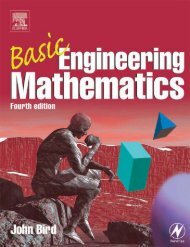How-to-Write-a-Better-Thesis
Create successful ePaper yourself
Turn your PDF publications into a flip-book with our unique Google optimized e-Paper software.
26 3 Mechanics of Writing<br />
There is an important point here that many students seem <strong>to</strong> miss. Writing well<br />
is not just about adhering <strong>to</strong> an arbitrary set of rules just for the sake of it; it is about<br />
the messages you send <strong>to</strong> your readers. Writing that is full of mistakes says that the<br />
author is lazy or incompetent; lazy, incompetent people don’t do solid research.<br />
Writing that is impenetrably complex or knotted up says that the author is incapable<br />
of clear thinking. It is these kinds of messages that you are trying <strong>to</strong> avoid. And<br />
remember <strong>to</strong>o that good researchers are busy: if you want other people <strong>to</strong> read and<br />
appreciate your work, you have <strong>to</strong> make it easy for them <strong>to</strong> do so.<br />
Liz was a native English speaker; in contrast, Marsha, who came from central<br />
Europe <strong>to</strong> undertake graduate study in Australia, wrote badly but felt otherwise. She<br />
would react <strong>to</strong> criticism by searching for material in my papers, or in other papers<br />
written in my research group, that she felt had the problems her work had been<br />
criticized for. Feeling stressed by the pressure <strong>to</strong> complete her PhD, she would seek<br />
reasons <strong>to</strong> resist undertaking additional work, some of which were not rational. For<br />
example, she felt that students she disliked must be less competent than her, and<br />
would have difficulty accepting criticism if it wasn’t also made about the students<br />
she believed herself <strong>to</strong> be in competition with. The moral is that one should listen <strong>to</strong><br />
critics, and assume that others aren’t trying <strong>to</strong> undermine you but genuinely want <strong>to</strong><br />
help you <strong>to</strong> do your work better.<br />
Thesiese<br />
A particular style fault, namely thesiese, seems <strong>to</strong> afflict some students. Such students<br />
have become psychologically oppressed by the problem of impressing the<br />
mythical examiners whom, they feel, will respond best <strong>to</strong> a particular form of language.<br />
It is easier <strong>to</strong> recognize the presence of thesiese than <strong>to</strong> define it. Here are<br />
two examples I’ve encountered:<br />
The assessment will require an analysis and application <strong>to</strong> the study area of available<br />
knowledge about human practices and landscape and weather scenarios influencing fire<br />
behaviour and occurrence.<br />
I think this means something like: ‘To assess [<strong>to</strong> assess what?] we will need <strong>to</strong> know<br />
how landscape characteristics, weather conditions and human practices in the study<br />
area contribute <strong>to</strong> the outbreak of fires and influence their behaviour once they have<br />
started’. Consider this second example:<br />
Implementation targets must be firmly established and the market and political institutional<br />
impediments identified and rigorously addressed if meaningful progress is <strong>to</strong> be made.<br />
I don’t know what this one means. The more I try <strong>to</strong> rephrase it, the less sense it<br />
makes.<br />
<strong>Write</strong>rs of thesiese often use the passive voice (‘targets must be firmly established<br />
… and impediments identified’; if the active voice had been used instead,<br />
it would be clear who had <strong>to</strong> establish the targets and identify the impediments);<br />
their verbs are activated by other verbs (‘will require an analysis and application’,


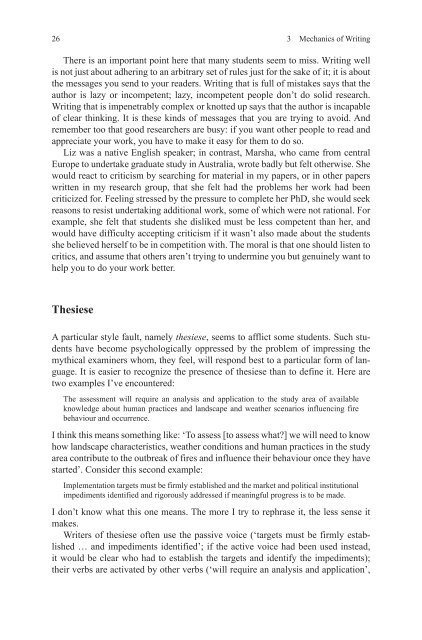



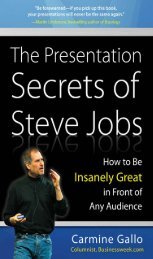
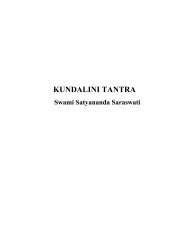
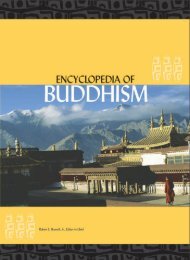

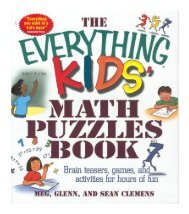



![[Lonely Planet] Sri Lanka](https://img.yumpu.com/59845622/1/169x260/lonely-planet-sri-lanka.jpg?quality=85)


